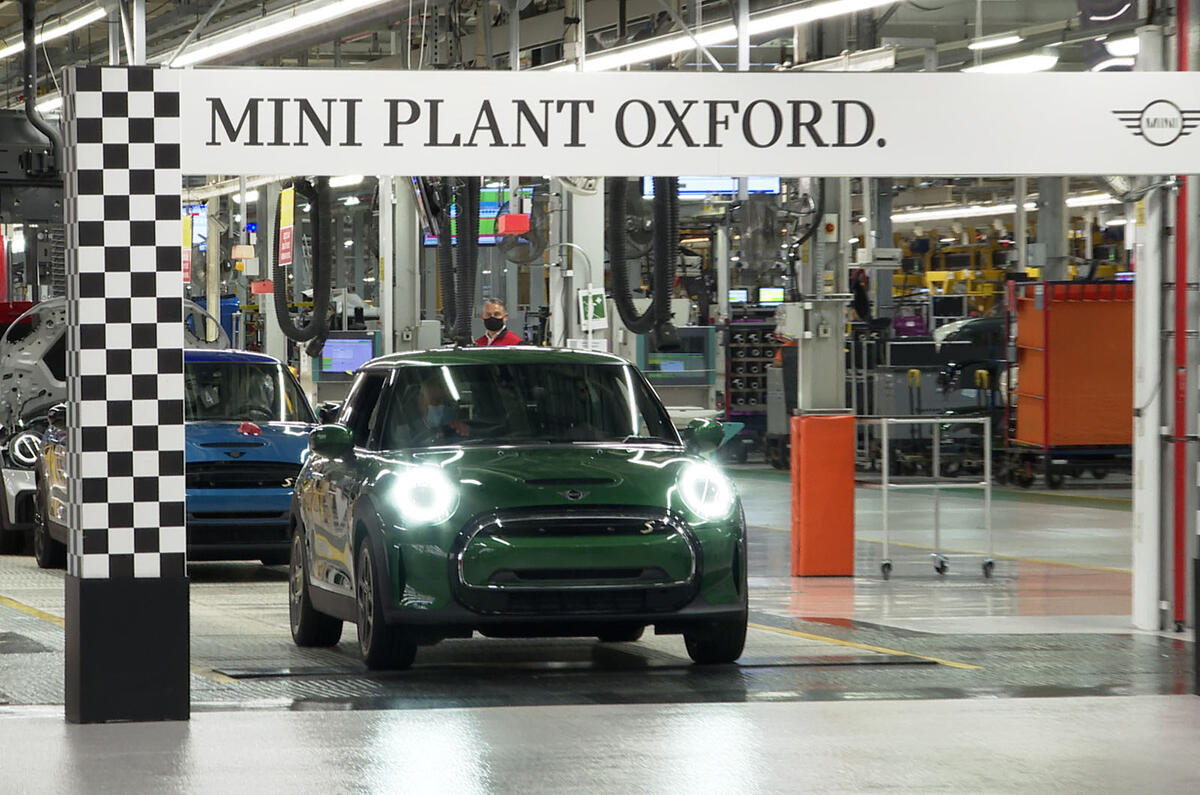The recovery of the UK car industry continues apace, as local production surged 11.7% over the first half of 2023, with June confirmed as the fifth consecutive month of growth.
Some 450,168 cars left UK factory gates from January to June, up from 403,131 in the same period last year. June alone accounted for 84,767 units, an increase of nearly 12,000 cars.




Add your comment